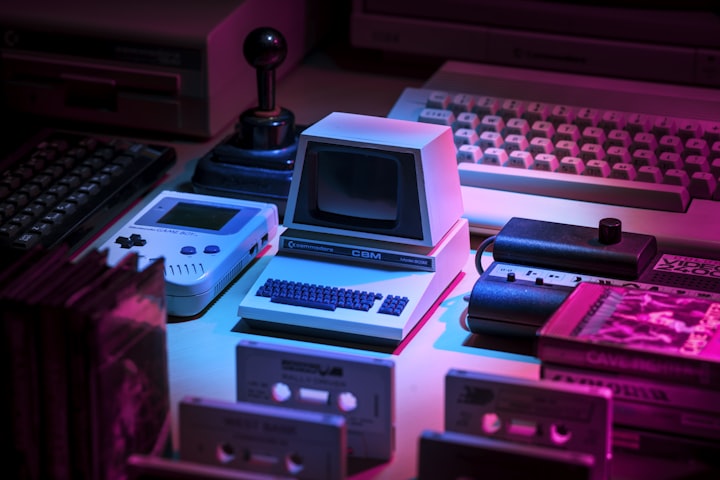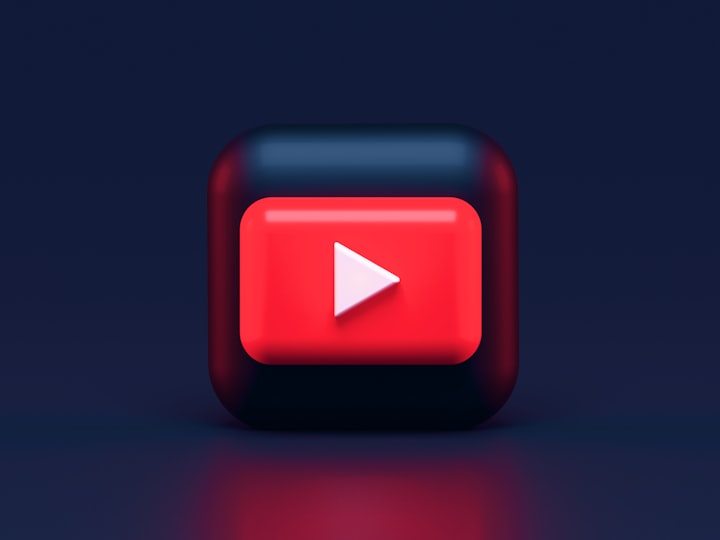The Foundation of Modern Computers
Computer transformation

Computers are electronic devices that perform various tasks, including calculations, data processing, and communication. The concept of computers dates back to the early 20th century, but the first general-purpose computers were developed in the 1940s and 1950s.
The foundation of modern computers can be traced back to the late 19th century and early 20th century with the invention of mechanical calculators and electrical switches. The first general-purpose electronic computer, ENIAC, was built in 1945 and laid the foundation for future computer development. The invention of transistors in 1947 revolutionized the computer industry as they replaced vacuum tubes, allowing for smaller and more reliable computers.
In the late 1960s and early 1970s, integrated circuits (ICs) were developed, which placed multiple transistors on a single chip. This made it possible to produce even smaller and more powerful computers. The development of the microprocessor in 1971, which integrated the entire central processing unit (CPU) onto a single chip, marked the beginning of the personal computing era.
The introduction of the IBM PC in 1981, equipped with the x86 microprocessor architecture, cemented the dominance of the personal computer and established the Wintel (Windows and Intel) standard that continues to be the foundation of personal computing today.
The development of the Internet in the late 20th century enabled the creation of the World Wide Web and transformed computers into a global communication network. The rise of mobile computing and the introduction of smartphones in the early 21st century further expanded the reach of computers, making them an integral part of our daily lives.
The foundation of modern computers is built on a rich history of technological advancements, including mechanical calculators, electrical switches, vacuum tubes, transistors, integrated circuits, microprocessors, personal computing, the Internet, and mobile computing.
Beginner or advanced? Click here for all you need to know about modern day computing.
The development of the Internet in the late 20th century transformed computers from standalone devices into a global network of interconnected devices. The Internet allows people to share information, communicate, and access knowledge from anywhere in the world. Such access has profoundly impacted society, revolutionising how we work, play, and interact with one another.

In addition to the Internet, the development of mobile technology has significantly impacted our lives. The introduction of smartphones and tablet computers has made it possible to stay connected and access information on the go, regardless of location. Smartphones have changed how we consume media, shop, and communicate with one another and have given rise to new industries and businesses.
Beginner or advanced? Click here for all you need to know about modern day computing.
Artificial intelligence (AI) has increased recently, driven by advancements in machine learning and natural language processing. AI systems are designed to perform tasks that typically require human intelligence, such as recognising patterns in data, making predictions, and engaging in human-like conversation. This technology can transform many industries, from healthcare and finance to retail and transportation.
Beginner or advanced? Click here for all you need to know about modern day computing.
The rise of quantum computing is another promising development. With its ability to perform complex calculations much faster than traditional computers, quantum computing has the potential to revolutionise fields such as cryptography, simulation, and optimisation.

The trend towards smaller, more portable devices such as laptops, tablets, and smartphones will continue. We will see the development of foldable and flexible screens, making it easier to take technology with us.
Beginner or advanced? Click here for all you need to know about modern day computing.
In conclusion, the foundations of computers and technology can be traced back to the work of Alan Turing and the development of the first electronic computers. The story of the Internet, mobile technology, and AI has transformed our lives and will continue to shape the future of computing and technology. The end of computers and technology is fascinating, with new daily advancements. In the next decade, we will likely see further AI and machine learning integration in various industries, leading to increased efficiency and automation.
About the Creator
Paul Rafferty
As a TEFL teacher, I undertook a proofreading course at London's prestigious Imperial College. I travelled around the world teaching English in countries such as the UK, Turkey, Poland, Spain, Mexico, the U.A.E and Saudi Arabia.
Enjoyed the story? Support the Creator.
Subscribe for free to receive all their stories in your feed. You could also pledge your support or give them a one-off tip, letting them know you appreciate their work.





Comments
There are no comments for this story
Be the first to respond and start the conversation.